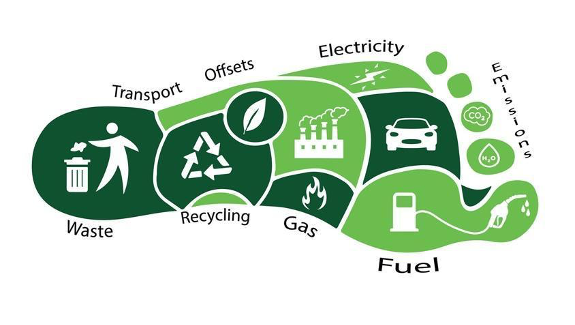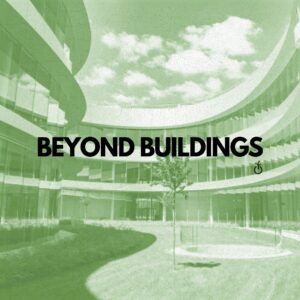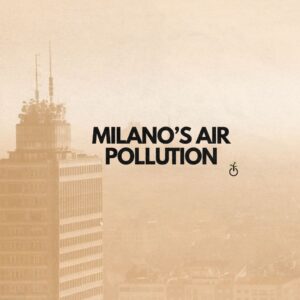
We constantly hear about the impact of companies on the environment with their emissions, but we often lose sight of the impact our individual actions can have. By now, the concept of Carbon Footprint should be part of our lives, which is the parameter used to estimate the greenhouse gas emissions associated with each individual, but this value can result incomprehensible. So how can we change our lifestyles if we don’t really understand the impact of our choices? And how can we really calculate the emissions produced by our actions to choose the best option for us and the environment?
Any action we take generates emissions, but often we are not able to reconstruct the entire process that leads to the finished product or the services we are offered. For example, it is now widely known that consuming meat is harmful in terms of the environment, consumption of natural resources, and also harmful in terms of health. But is switching to a vegetarian diet always the best possible solution to respect the environment? Paying attention to the small details here can play a key role, because variables such as the seasonality of foods, where they come from, and how they are grown can undo our environmental efforts if we’re not careful.
One fact we often forget is that every action we take generates emissions. Even the smallest ones. Even the ones that are little talked about. For example, we’re bombarded with information about the transportation industry, but we’re less aware of how damaging the internet can be to the planet. A page like the homepage of the Bocconi website can generate more than 600 kg of CO2 in a year. A single search on the web generates 7 grams of carbon dioxide, which added worldwide in a year can generate a frightening amount of greenhouse gases, while a single e-mail of 1 Megabyte emits in its sending a dose of about 19 grams of CO2.
A first solution can be to use the dark mode, since much of the energy consumption is due to the brightness of the screens and limit the white and too bright colors can make a big difference, especially if the change concerns the site of a search engine loaded, open and visited every day by millions of users. Another solution may be to save the sites we visit most frequently and type them directly into the search bar, to avoid unnecessary searches.
As mentioned above, it can be difficult to really understand the scope of these numbers, since we can’t see the real effects that our actions produce. However, there are tools that can help us – thanks to some comparison meters – to better understand the impact in terms of emissions of the choices we make.
AvantGrade.com – for instance – makes use of a tool called Karma Metrix (https://www.avantgrade.com/quanto-inquina-il-tuo-sito-web), an algorithm based on artificial intelligence, which quantifies the ecological performance of one or more web pages, weighting 23 factors of efficiency of the sites against the world median. There are also tests to calculate one’s carbon footprint. These tests can be very important to give us an idea of our real impact on the planet’s environment and help us improve those aspects of our lives that can be particularly polluting.
In addition to improving our habits, perhaps even creating green hobbies, such as taking care of plants in our home – which help improve the quality of the air we breathe – it is possible to offset our impact on the planet. On an individual level, you can find platforms that, through forest protection (https://www.ran.org/), climate progress projects (https://offset.climateneutralnow.org/) and tree planting (https://zeroco2.eco/en/) even in developing countries, give you the chance to offset your negative impact on the climate and the planet.
There is no single way to become eco-friendly, each of us can make many different choices to reduce our carbon footprint and do good to the ecosystem. However, it is necessary that each of us becomes aware of the consequences of his actions and try to improve those that may be more harmful to the environment.



